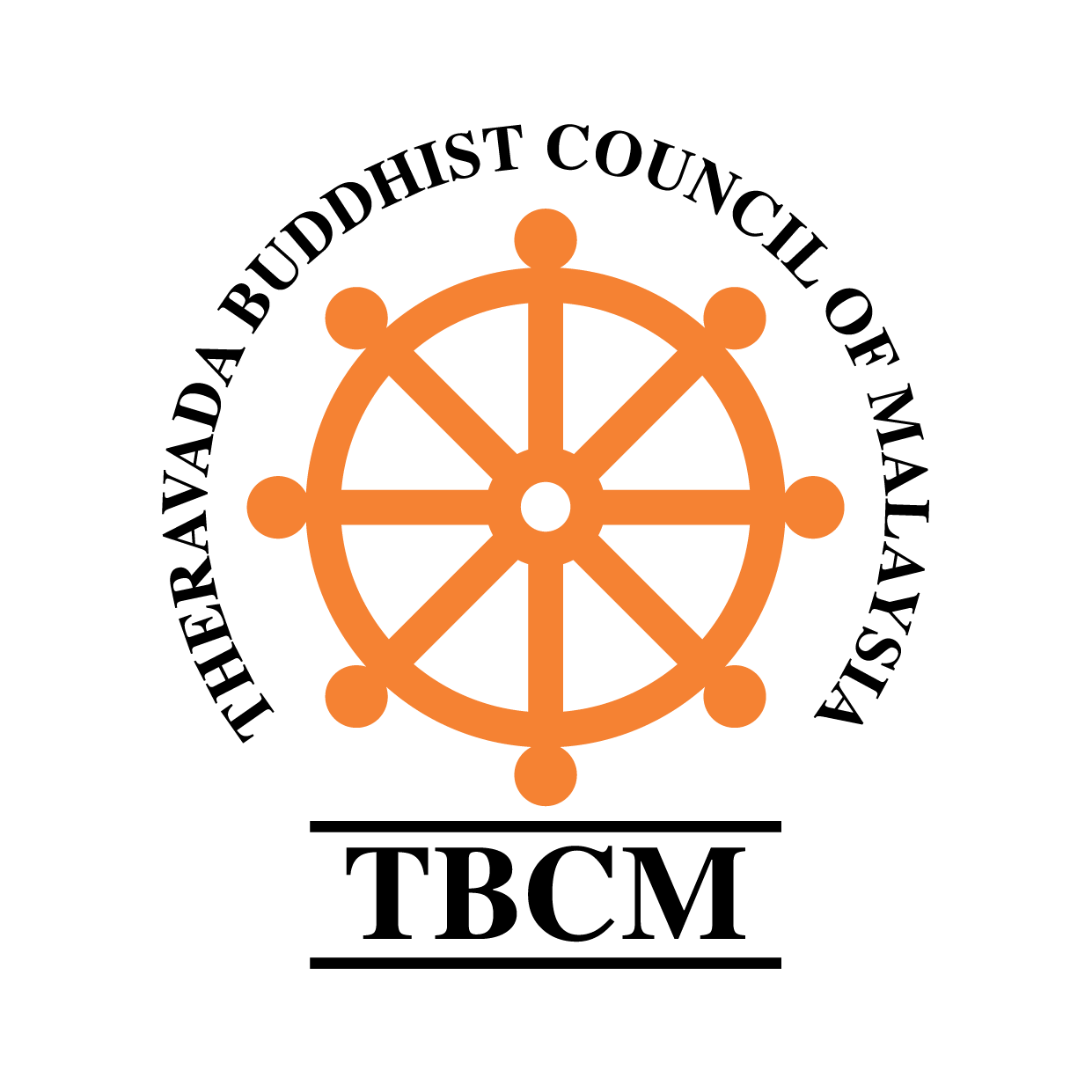Spring Cleaning the Mind
by Āyasmā Aggacitta
Preparations for the Chinese New Year usually involve spring cleaning of our houses, getting rid of old things and decking ourselves and our houses with all things new. All this is but an outward show. What about spring cleaning the house within us? When are you going to do that? Let’s look at Piti Sutta (AN 5:176) about cleaning the house within each of us—our minds.
The rapture of seclusion
One day, Anathapindika , accompanied by 500 lay followers, went to Jetavana Monastery to see the Buddha who said to them, “Householders, it is good that you support the Sangha with robes, almsfood, lodgings and medicine.”
Likewise in our case, people give us so much medicine that sometimes we do not know what to take and end up taking too much!
The Buddha then advised that they should not be complacent with just supporting the Sangha. Rather, they should train themselves in this way: “How can we from time to time enter and dwell in the rapture of seclusion?”
“Rapture of seclusion” is a translation of the Pali words paviveka piti—the seclusion that is accompanied by rapture. Here, seclusion does not necessarily mean one has to be in isolation in a forest or uninhabited place. It can be the seclusion of your own room where you can develop and maintain a rapturous state of mind.
In fact, there are 3 kinds of seclusion
Kayaviveka
Physical seclusion is the first grade of seclusion. One chooses a place and time when one can be alone, undisturbed by others. For example it can be in your own room. Some of you may be able to do this only late at night when your children are asleep.
Cittaviveka
This is when you achieve seclusion of the mind. Even if you are by yourself, your thoughts can be a source of disturbance, just as if you were talking with friends. It is when you can still the mind so that it is stable, focussed and clear, then you have cittaviveka. In this sutta, “rapture of seclusion” refers to this type of mental seclusion that is accompanied by rapture.
Upadhiviveka
This is the seclusion of Nibbana, when one is secluded from all attachments.
If one can train one’s mind to the stage of rapture of seclusion, whether through vipassana or samatha meditations, then one will experience pleasant sensations, such as lightness, thrills, goose pimples, etc.
These are all manifestations of piti (rapture). Some people become so light that they can levitate. I personally witnessed this when I was in Yangon in the early 80’s. There was this teenage samanera who was highly attained in his meditation. His buttocks would rise a few inches above the ground while he was meditating, without him being conscious of it.
Let us now return to the sutta. Ven Sariputta, who was sitting by the Buddha’s side, then said, “It is wonderful, Lord! It is marvellous, Lord! How well spoken was that statement of the Blessed One. Whenever a noble disciple enters and dwells in the rapture of seclusion, five things come to him.” To paraphrase, they are:
Freedom from whatever pain and grief that is connected with sensual desire
Freedom from whatever pleasure and joy that is connected with sensual desire
Freedom from whatever pain and grief that is connected with the unwholesome
Freedom from whatever pleasure and joy that is connected with the unwholesome
Freedom from whatever pain and grief that is connected with the wholesome.
To achieve all the above, a person must clean the house that’s within him through meditation and observance of the Five Precepts. This is The Buddha’s advice to lay people.
So do not be content with supporting the Sangha. Find the opportunity to meditate and spring-clean your minds for a fresh start this coming Chinese New Year.
Sadhu ...... Sadhu ....... Sadhu ......
16 January 2023

